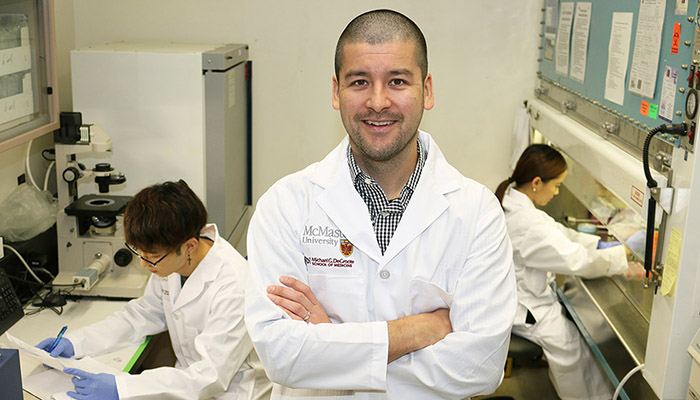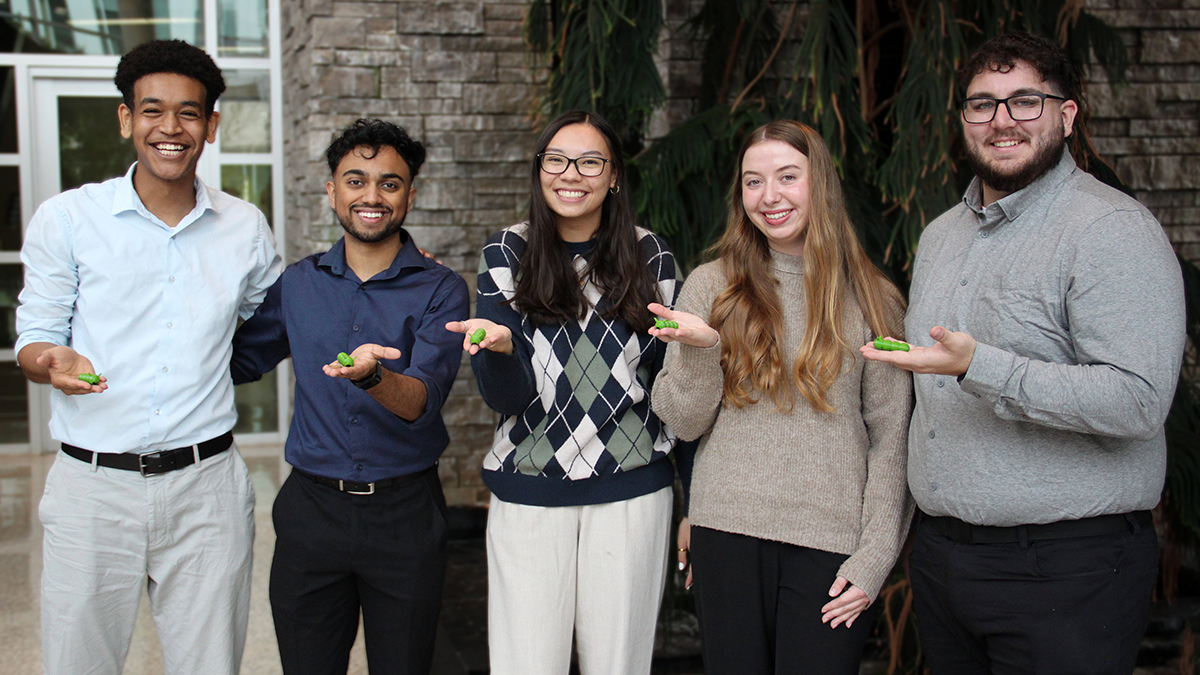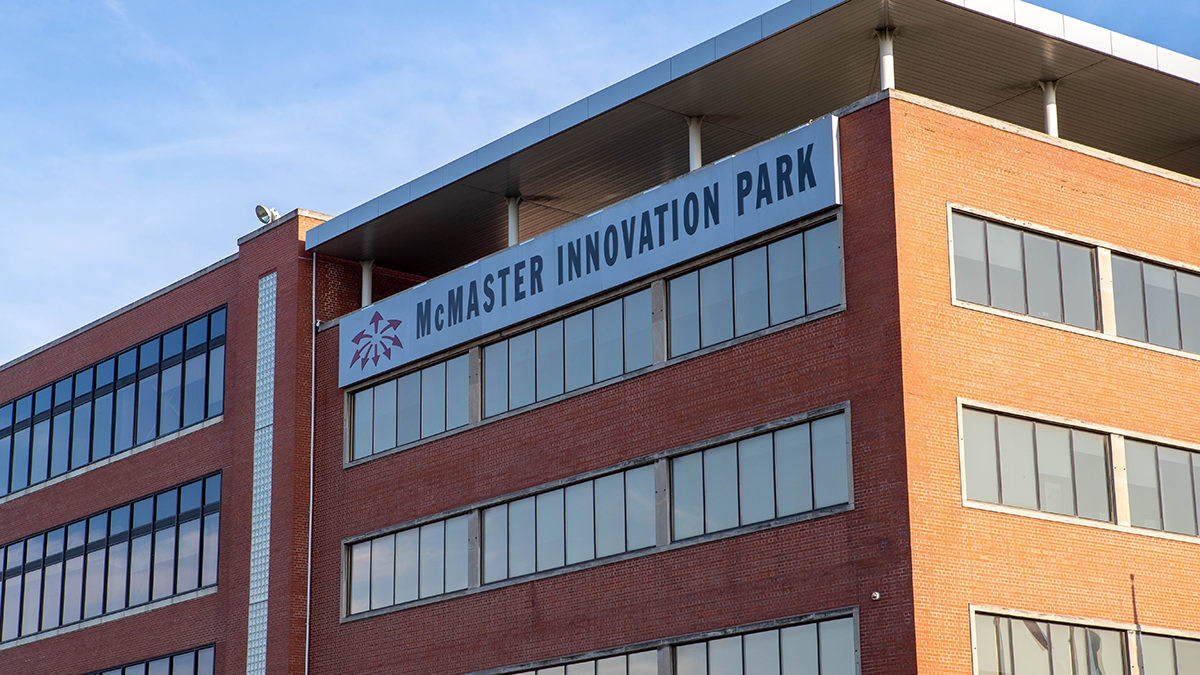MIRC COVID-19 Research Series: Hirota Lab

Dr. Jeremy Hirota and his team have established a number of innovative research projects in response to the COVID-19 health crisis that leverage immunological and bioinformatic expertise and invaluable access to a wide variety of human tissue samples.
COVID Highlights – The Hirota Lab
Recent research in the Hirota lab has focused on investigating the mechanisms involved in SARS-CoV-2 infection in the respiratory tract. In a paper uploaded to BioRxiv (https://www.biorxiv.org/content/10.1101/2020.04.07.030742v2) and submitted to the European Respiratory Journal, the Hirota lab and their collaborators utilize a combination of microarray, single cell RNA sequencing, and in situ protein profiling to assess expression of candidate receptors, including ACE2 and TMPRSS2, that have been implicated in SARS-CoV-2 infection in human airway epithelial cells and lung tissue. The study uncovers that ACE2 is scarcely expressed in the healthy human lung and provides confirmatory evidence for the expression of TMPRSS2, CD147, and GRP78. Their findings suggest that ACE2 expression may be dynamically regulated in the human lung during SARS-CoV-2 infection or that alternate receptors for the virus facilitate initial infection by SARS-CoV-2.
In addition, Dr. Hirota was recently named a winner of the COVID-19 Open Innovation Challenge by Hoffmann-La Roche Limited (Roche Canada) based on a grant proposal to improve COVID-19 diagnostic testing. The study will utilize existing nasal swabs used in COVID-19 diagnosis to assess correlations between host transcriptome profiles and clinical outcomes. Importantly, the project aims to interrogate these associations to generate algorithms that better predict disease severity and resulting healthcare utilization by affected patients. Additional grant support for the project has subsequently been received from FastGrants.org.
“This article is part of a series highlighting research being conducted at MIRC as part of the global response to the COVID-19 pandemic”
Firestone Institute for Respiratory Health, McMaster Immunology Research Centre, Research, Research ProjectRelated News
News Listing

Brighter World ➚
Analysis: The ‘nocebo effect’ in IBS: Why gluten might not be the real problem
Research
7 hours ago

From the classroom to the boardroom: McMaster students support university spinout companies in interdisciplinary consulting course
Collaborations & Partnerships, Education, Research
3 days ago

McMaster-affiliated biotech acquires assets, tech, and talent from university spinout
Collaborations & Partnerships, Feature, Research
5 days ago
